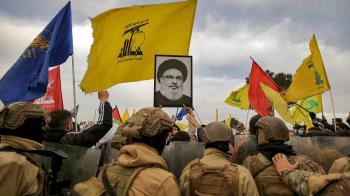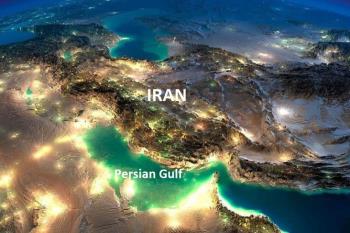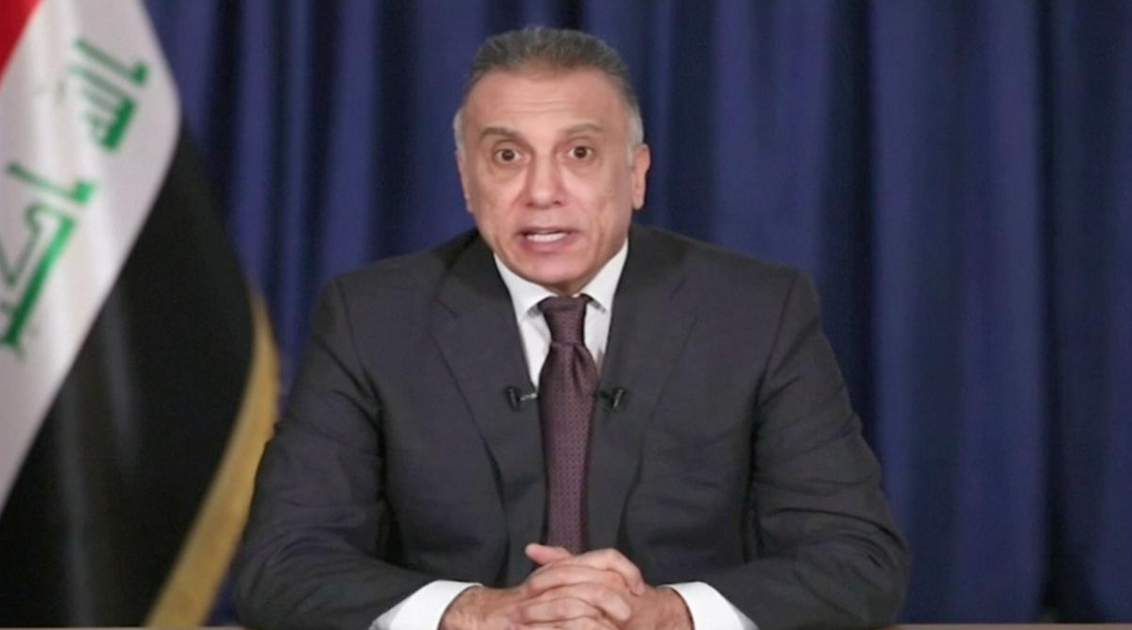Alwaght- Fourth and last round of the US-Iraq strategic talks is about to start in Washington with Prime Minister Mustafa al-Kadhimi heading the Iraqi delegation. To make the preparations, Iraqi Foreign Minister Fuad Hussein left for Washington on July 20. According to Hussein, an agreement over the timetable for the US troops exit from the country would be a priority to this round. Aside from security, the two sides will also discuss economy and culture.
But what are al-Kadhimi’s goals from this round?
Priority of the US occupation forces' withdrawal
In the final round of talks between Washington and Baghdad, scheduling the withdrawal of US troops will be a priority between the two sides. FM Hussein announced that in this round of talks the timetable of the US withdrawal will be agreed.
"The Americans are present in several Iraqi bases, not American bases. Iraq and the United States may return to the 2008 pact after the talks are over," Hussein was quoted as saying.
The FM was pointing to the 2008 pact while it was discussed in the first round, in June 2020. Under the 2008 agreement, the Americans pledged to make no effort to establish permanent bases or a permanent military presence in Iraq. In 2009, after Barack Obama took office, the Americans began negotiations for a security agreement with Baghdad, which resulted in the finalized pact, setting out how the US military would withdraw, as well how military and security cooperation between them will continue in the future.
Earlier, Hussein Alawi, the advisor to al-Kadhimi, had said that the PM "is trying to review the timetable for cutting the US advisory forces following a recent technical and military dialogue between the Iraqi and American sides in Baghdad. Setting a timetable means returning US-Iraqi relations to the period before fall of Mosul in 2014 [to ISIS] and operating under the umbrella of a strategic framework between the two countries."
Moreover, earlier the US issued a statement saying that on July 26, President Joe Biden will host al-Kadhimi at the White House, where they will focus on strategic partnership between the two countries and advancing mutual cooperation based on the 2008 agreement. All these comments have one thing in common: Expulsion of the US troops is a priority in the fourth round.
The US economic and cultural goals
Like in the earlier rounds, the two pursue their specific economic and cultural objectives. Al-Kadhimi will focus on transition from military to economic and political cooperation by activating the joint committees based on the six points of the strategic pact that include politico-security, economy, education, technology, health, and environment cooperation. The two countries also consider investment, especially the American investment in the Iraq's energy.
Economically, the two sides plan a task force to work on attracting the US economic and investment delegations to Iraq projects for the so-called American help to the energy sector. An office will be opened to address the refugees, migrants, and reconstruction of houses, farms, schools, and other infrastructure elements. This clearly shows that Americans intend to take advantage of Iraq's economic needs and continue to keep Baghdad in line with Washington's regional policies. This logic is completely in line with the Biden administration's policy and view of US foreign policy in the West Asian region.
Additionally, the Americans insist on cultural influence in Iraq, apparently as part of their efforts to strengthen secular and liberal values in the Arab country. According to a new agreement, the US plans to educate in its universities hundreds of Iraqi students annually to entrench American secularism in Iraq.
Al-Kadhimi struggling for positive balance to attract support for himself
Regardless of the security and economic issues, the fourth round is pivotal to al-Kadhimi. In the foreign policy, he favors and follows a positive balance approach and considers cooperation and negotiations with the US necessary. However, it should be taken into account that public opinion and the political factions are largely opposed to Baghdad's continued cooperation with Washington and the positions of the expulsion of American troops from the country are now dominant. This could double the pressures on al-Kadhimi in his path of negotiating and making concessions to the Americans. In fact, Baghdad's submission to negotiations with Washington has no reason other than the fear from possible future US economic sanctions that could compound Iraq's economic turmoil. Al-Kadhimi, therefore, is gambling to realize the public demand for the US expulsion through diplomacy and dialogue.
Meanwhile, although the Iraqi PM is setting his heart on the US and the Saudi-led Arab front to secure his political future, it seems that the unfavorable home political conditions along with the record distrust in the US especially after the irresponsible and catastrophic withdrawal from Afghanistan make al-Kadhimi and his advisors turn the Washington visit into a show of their seriousness in push for the foreign military pullout. Still, the public and the anti-US factions in Iraq will watch closely the PM's anti-occupation slogans in expectation of concrete results. This very much complicates the government's job of creating a balance between the pro-expulsion public demands and the close relationship with the US.



























